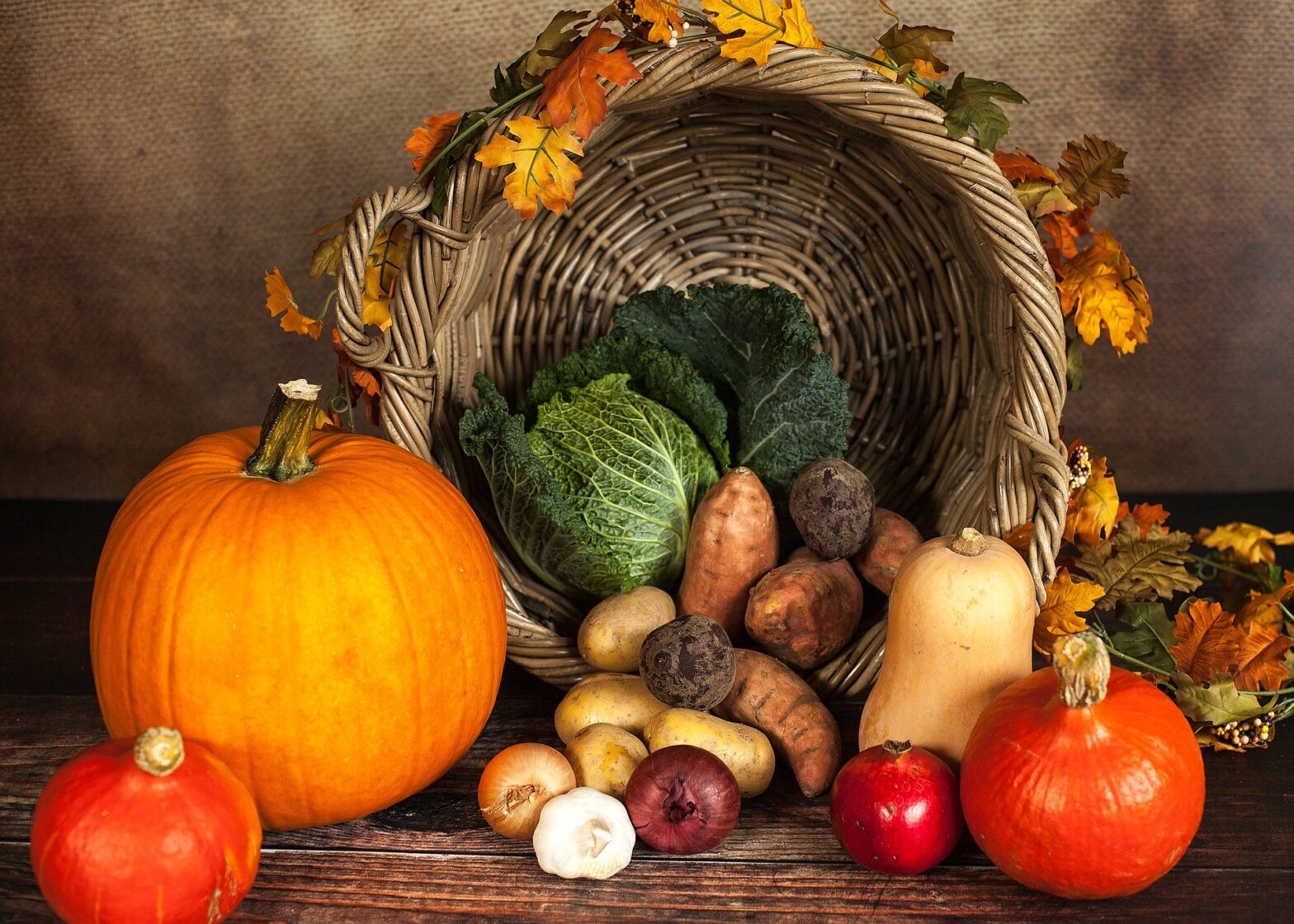Does It Really Matter What You Eat and When when it comes to Fertility ?

Did you know that our nutritional needs change throughout the year? While we have basic nutritional needs, which are constant, what we need to eat to be our healthiest changes. What we need in winter is completely different from what we need in summer, for example.
Therefore, it makes sense to modify what we eat according to the time of the year. Luckily, Mother Nature has taken care of this for us. Nature has an amazing ability to give us exactly what we need, when we need it.
And when we’re trying to conceive, we want to be our healthiest. We want to feel our best. We want to give our body what she needs to be her strongest. And we can.
We just need to practice the art of seasonal eating.
What is seasonal eating?
Seasonal eating sounds like a buzzword, like some kind of new “Diet”, like Adkins, Paleo or Keto. Now you know me, and you know that I don’t advocate following strict, rigid “Diets.”
What I doadvocate is eating a balanced diet that’s rooted in whole foods – whole grains, fruits and vegetables, and preferably more plants than meat.
Seasonal eating is basically following a diet like that, and including foods that are in season in the area where you live.
This means berries in the summer, squashes in the fall, root vegetables in winter and lots of leafy greens in the spring (although leafy greens are actually seasonal and recommended all year).
Seasonal eating is not new. It’s actually the way we used to eat we could get whatever food we wanted at any time.
Believe it or not, it wasn’t always possible to walk into your grocery store in February and see, for example, bright red strawberries there. Before the era of industrial farming and global transportation really taking off, what you could get at the store was what was in season in your area, and that was all you could get.
Chances are if you check those February strawberries, you’d see that they’re grown in someplace like California. If you live on the east coast, like me, that means those strawberries travelled 3,000 miles to get to you. That’s crazy!
I’m not thatold, but I remember as a kid eating berries and melons and corn on the cobb in the summer, and that was the only time I would be able to have them. That’s not the case anymore.
How can eating with the seasons benefit your fertility?
When looking at fertility concerns, it’s important to note that issues with ovulation are the leading causeof female infertility. This could include irregular ovulation, painful ovulation, or even no ovulation at all.
Hello, you can’t get pregnant unless you’re ovulating! Especially if you’re trying to conceive naturally.
At the root of ovulatory issues is hormonal imbalance. And a key contributor to hormone imbalance isdiet.
You’ve heard the expression, you are what you eat? It’s true!
It’s not just what we eat, though. It’s also how our food is prepared.
As I said earlier, our nutritional needs vary throughout the year. In the winter, for example, we need warm foods, grounding foods, slightly heavier foods. So winter isn’t the time to go on a raw foods diet. And if you do, you’ll feel hungry, tired and run-down most of the time. Summer, on the other hand, is a great time for a raw foods diet, when we need lighter, cooling foods.
So yes, it does matter what we eat and when.
Eating a whole-foods diet that features seasonal foods goes a long way toward restoring hormone balance, normalizing ovulation, and regulating the menstrual cycle.
It’s not just about hormone balance. Our bodies crave balance with nature, and nutrition is the foundation for this. Eating seasonal food allows us to eat with balance and give our bodies the natural balance that they crave.
So what do we need for the fall season?
Fall is a time of transition, from the high energy of summer to the grounding, introspective time of winter. During the fall, we want to harness our energy and be productive.
So during the fall, we’ll start to see more of a transition to cooked foods from raw foods, but foods will be lightly cooked, with less heat, or cooked at a high heat for shorter periods of time. Think sautéing, baking or roasting.
The lungs are a focal point of our body for the fall season. During the fall, we want to protect our lungs, and build up our immunity so that we won’t be susceptible to the little colds and illness bugs that inevitably are passed around during the winter.
Nature really comes through for us on this by giving us foods in the fall that are rich in beta-carotene, which helps us build our immunity. This includes foods like:
- Carrots
- Sweet potatoes
- Pumpkin
- Butternut squash
We also see lots of other squashes and vegetables harvested in the fall that are perfect for the sautéing and light roasting that characterize fall eating. And don’t forget to hit your local apple orchard and pick some of the apples that are ubiquitous during this season.
Are you ready to get healthy and fertile with seasonal eating?
Later this month, I’ll be offering Renewal for Fertility, a 10-day cleanse experience that is rooted in the power of seasonal eating. During the cleanse you’ll eat scrumptious, easy to prepare fall foods to gently remove toxins from your body and give your internal organs, including your uterus and ovaries, a cleaning.
Seasonal cleansing was a big part of my fertility journey and I credit it with helping me get healthy to conceive my son. Read more here.
During the cleanse we’ll also focus on self-care for the fall season, and getting ready for the winter.
I’d love to cleanse with you!
Love,
Steph xo



